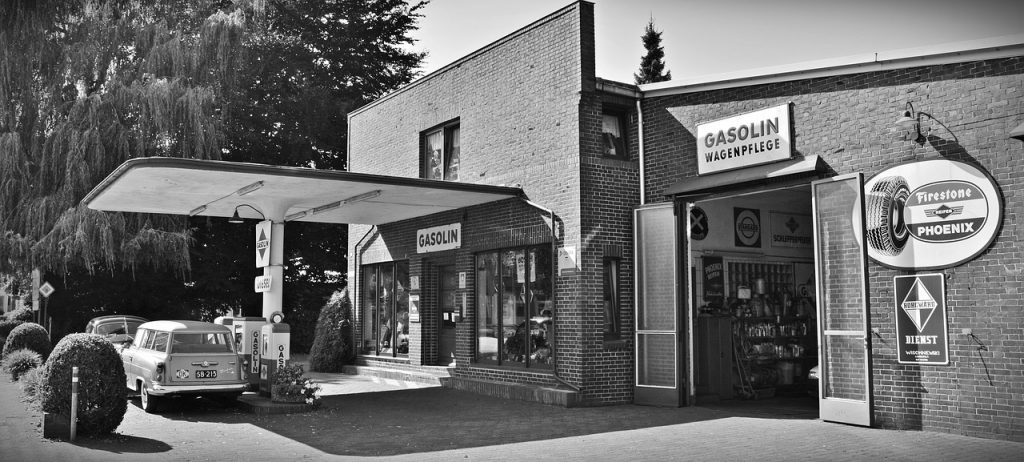You might have heard of the term “diesel bug” being thrown around in discussions related to diesel engine maintenance and fuel storage. But what exactly is it, and why should you be concerned?
In this blog section, we will delve into the world of the diesel bug, exploring its origin and its effects on your fuel system:
Understanding the Diesel Bug
You might imagine a diesel bug to be a small bug, like a beetle, who loves to live in diesel. That, of course, is not what the diesel bug actually is.
The diesel bug is not a single organism, let alone a bug, but rather a collective term used to describe various types of microorganisms, primarily bacteria, and fungi, that thrive in diesel fuel systems. These microbes are naturally present in the environment, and they find their way into your fuel tank through contaminated fuel or exposure to air and moisture.
The key culprits responsible for the diesel bug are bacteria belonging to the genus Pseudomonas and fungi from the genera Hormoconis and Aspergillus. The ideal environment for these microbes to grow and multiply is the interface between water and diesel fuel. As diesel is hygroscopic in nature, it tends to absorb moisture from the atmosphere, leading to the formation of this perfect breeding ground for microbes.
The Effects of Diesel Bugs on Your Fuel System
The growth and proliferation of microbes in your fuel tank can lead to a host of problems, causing significant damage to your engine and fuel system. Here are some of the main issues caused by the diesel bug:
1. Formation of Sludge and Biomass
As the microbial population increases, they form a slimy layer of biomass at the fuel-water interface. Over time, this biomass accumulates, leading to the formation of sludge and clogging of your fuel filters, pipes, and injectors.
2. Fuel Degradation
The metabolic processes of these microorganisms lead to the production of organic acids and other by-products, which can degrade the quality of your diesel fuel. This contributes to reduced engine performance, increased fuel consumption, and a higher risk of engine failure.
3. Corrosion
The presence of water and organic acids produced by the microbes can cause corrosion of your fuel tank and other metal components of the fuel system. This can lead to leaks and eventual system failure.
4. Reduced Shelf Life
Finally, the proliferation of microorganisms in preserved diesel fuel can substantially decrease its longevity, rendering it inappropriate for use in engines eventually.
Conclusion
The diesel bug is a microbial menace that can cause significant damage to your diesel engine and fuel system if left unchecked. By understanding the nature of these microorganisms and implementing preventive measures and treatments, you can protect your investment and ensure the smooth functioning of your diesel engine. So, the next time you hear someone mention the diesel bug, you can confidently share your knowledge about this pesky problem. And, of course, if you are experiencing it, it is recommended to act right away to get the problem fixed before it is too late.
Fuel Fixer offers mobile units across the UK to deliver wrong fuel recovery and the like. If you are looking for the best fuel tank service, reach out to us today!

